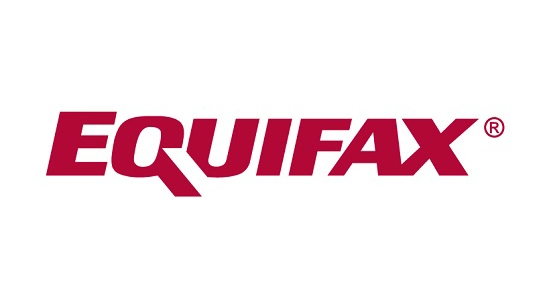
A recent article by The Washington Post exposed the lengths to which companies like Equifax went to insulate themselves from liability in cases where the company’s negligence harmed consumers. According to the report, Equifax spent $500,000 this year lobbying members of Congress to introduce bills that would place caps on the amount of damages plaintiffs could recover in the event credit reporting bureaus breached their duty to protect consumer information.
In 2015 and 2016, Equifax spent an additional $1 million per year lobbying Congress on matters associated with “data security and breach notification,” according to disclosure forms obtained by The Washington Post. The recent revelations Equifax waited six weeks to disclose the fact personal information on 143 million Americans was compromised should give the country pause to consider the type of influence large corporations seek.
Often referred to as “tort reform,” the movement to pass laws limiting damages recoveries or forcing consumers to have their claims heard by “independent arbitrators” outside of courtrooms is nothing new. Even as businesses laud the concept as a means to keep business moving forward, many state courts have struck down damages caps in civil cases, claiming such legislation violates the Constitutional rights of plaintiffs.
While big businesses point to multi-million dollar verdicts for plaintiffs for reasons why the nation needs “tort reform,” these same entities rarely look inward to try and eliminate their liability. By following the law and fulfilling their legal obligations to consumers and the public at large, corporations and private citizens alike would have little worry of impending litigation and conduct their business as usual.
Without consumers standing up to massive corporations and holding wrongdoers accountable, companies like Equifax would have little incentive to reform their negligent business practices. In the face of big businesses attempting to influence Congress and shape the judicial system, lawmakers and the public need to vigilant of these tactics and repel and advances that would limit the rights of plaintiffs.






